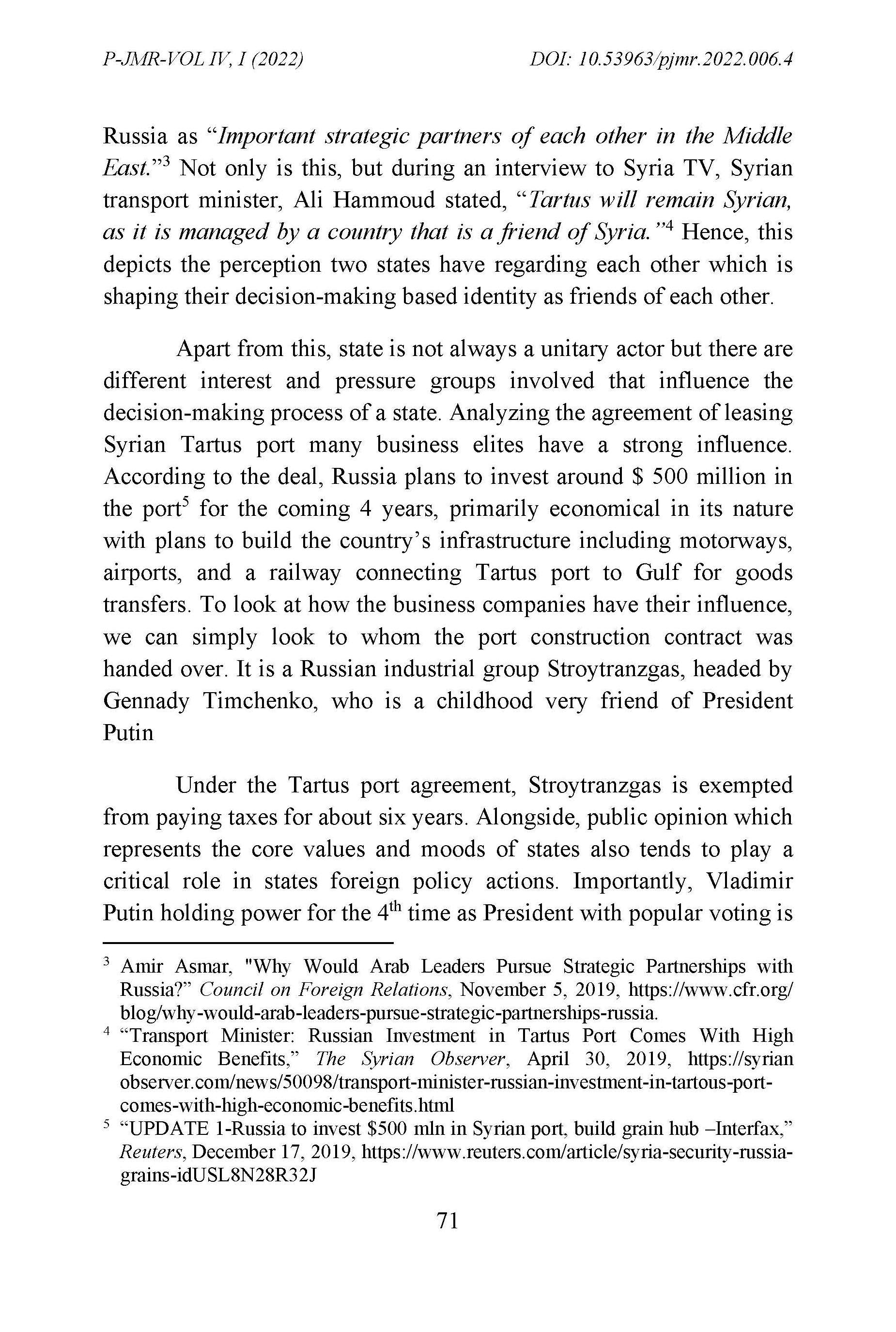
Russia’s Mediterranean Submarine Presence Vanishes With Tartus Loss
Introduction
Russia has withdrawn all diesel-electric submarines from its naval facility in Tartus, Syria, marking a significant shift in its Mediterranean posture. This withdrawal, first reported by The Wall Street Journal, comes amid heightened tensions between Russia and the West over the war in Ukraine and raises questions about the future of Russian naval operations in the region.
The Russian submarine presence in the Mediterranean has been a constant since the Soviet era, providing Moscow with a strategic foothold in the region and a means to project power. In recent years, Russia has expanded its submarine presence in the Mediterranean, deploying both diesel-electric and nuclear-powered submarines to the region. However, the withdrawal of all diesel-electric submarines from Tartus represents a significant reduction in Russia’s submarine presence in the Mediterranean.
Causes of the Withdrawal
The reasons for Russia’s withdrawal of diesel-electric submarines from Tartus are not entirely clear. Some analysts believe that the withdrawal is a response to the increased presence of NATO forces in the Mediterranean, particularly in the wake of the Russian invasion of Ukraine. Others believe that the withdrawal is a sign of Russia’s financial constraints, which have been exacerbated by the war in Ukraine.
It is also possible that the withdrawal is part of a broader Russian strategy to reduce its military footprint in the Mediterranean. In recent years, Russia has been shifting its focus from the Mediterranean to the Arctic and the Pacific, where it sees greater strategic challenges. The withdrawal of diesel-electric submarines from Tartus could be a sign that Russia is no longer willing to invest in maintaining a large submarine presence in the Mediterranean.
Implications of the Withdrawal
The withdrawal of Russian diesel-electric submarines from Tartus has several implications for the Mediterranean region. First, it will reduce Russia’s ability to project power in the region. Diesel-electric submarines are particularly well-suited for operations in the Mediterranean, as they can operate in shallow waters and are relatively quiet. Their withdrawal will make it more difficult for Russia to conduct covert operations in the region.
Second, the withdrawal will reduce Russia’s ability to collect intelligence in the Mediterranean. Diesel-electric submarines are often used for intelligence gathering, as they can operate undetected for long periods of time. Their withdrawal will make it more difficult for Russia to track NATO forces in the region and to collect information on other countries’ activities.
Third, the withdrawal will likely lead to an increase in NATO activity in the Mediterranean. With Russia’s submarine presence reduced, NATO will have more freedom to operate in the region. This could lead to increased tensions between NATO and Russia, particularly if NATO forces are seen as encroaching on Russia’s traditional sphere of influence.
Conclusion
The withdrawal of Russian diesel-electric submarines from Tartus is a significant development that will have a major impact on the Mediterranean region. It will reduce Russia’s ability to project power, collect intelligence, and conduct covert operations in the region. It will also likely lead to an increase in NATO activity in the Mediterranean, which could heighten tensions between NATO and Russia.
The withdrawal of Russian diesel-electric submarines from Tartus is a sign that Russia is rethinking its Mediterranean strategy. It remains to be seen whether this is a temporary or permanent shift, but it is clear that Russia is no longer willing to invest in maintaining a large submarine presence in the Mediterranean.
